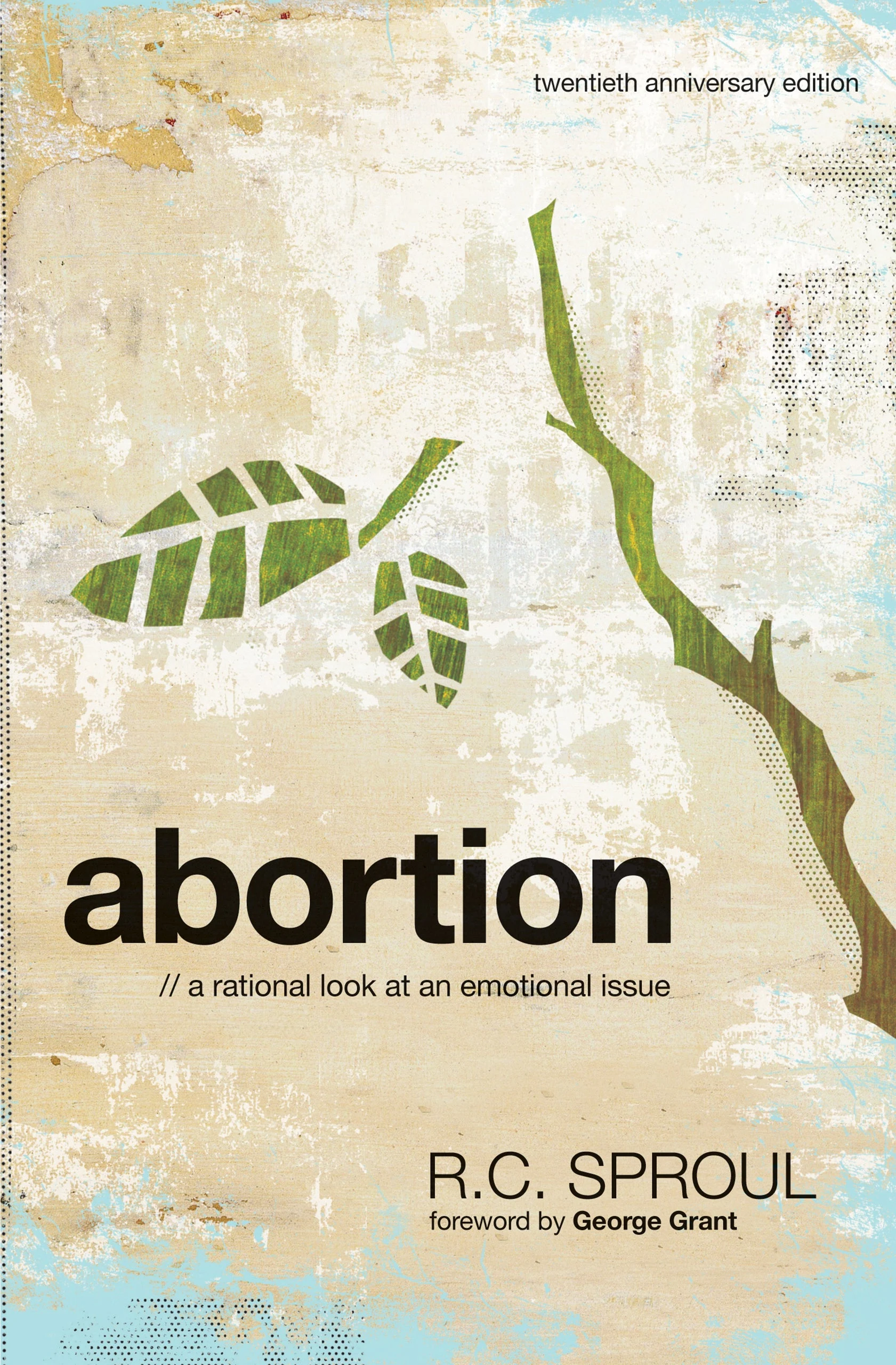What Do We Mean When We Speak of the “Sanctity of Human Life”?

In biblical terms, the sanctity of human life is rooted and grounded in creation. Mankind is not viewed as a cosmic accident but as the product of a carefully executed creation by an eternal God. Human dignity is derived from God. Man as a finite, dependent, contingent creature is assigned a high value by his Creator.
The creation account in Genesis provides the framework for human dignity:
Then God said, “Let us make man in our image, after our likeness. And let them have dominion over the fish of the sea and over the birds of the heavens and over the livestock and over all the earth and over every creeping thing that creeps on the earth.” So God created man in his own image, in the image of God he created him; male and female he created them. (Gen. 1:26–27)
Creation in the image of God is what sets humans apart from all other creatures. The stamp of the image and likeness of God connects God and mankind uniquely. Though there is no biblical warrant for seeing man as godlike, there is a high dignity associated with this unique relationship to the Creator.
Man may no longer be pure, but he is still human. Insofar as we are still human, we retain the image of God in the wider sense. We are still valuable creatures. We may no longer be worthy, but we still have worth. This is the resounding biblical message of redemption. The creatures God created are the same creatures He is moved to redeem.
Many Old Testament statements speak of the dignity of human life as it rests in divine creation, including the following:
The Spirit of God has made me,
and the breath of the Almighty gives me life. (Job 33:4)
Know that the Lord, he is God!
It is he who made us, and we are his;
we are his people, and the sheep of his pasture. (Ps. 100:3)
Woe to him who strives with him who formed him,
a pot among earthen pots!
Does the clay say to him who forms it, “What are you making?”
Or “Your work has no handles”?
Woe to him who says to a father, “What are you begetting?”
or to a woman, “With what are you in labor?”
Thus says the Lord, the Holy One of Israel, and the one who formed him:
Ask me of things to come;
will you command me concerning my children and the work of my hands?
I made the earth and created man on it;
It was my hands that stretched out the heavens,
and I commanded all their host. (Isa. 45:9–12)
But now, O Lord, you are our Father;
we are the clay, and you are our potter;
we are all the work of your hand.(Isa. 64:8)
Interestingly, Jesus Christ gave the most important explanation of the Old Testament view of the sanctity of life:
You have heard that it was said to those of old, “You shall not murder; and whoever murders will be liable to judgment.” But I say to you that everyone who is angry with his brother will be liable to judgment; whoever insults his brother will be liable to the council; and whoever says, “You fool!” will be liable to the hell of fire. (Matt. 5:21–22)
The words of Jesus have vital significance for our understanding of the sanctity of life. Here Jesus broadened the implications of the Old Testament law. He was speaking to religious leaders who had a narrow and simplistic grasp of the Ten Commandments. The legalists of His day were confident that if they obeyed the explicitly stated aspects of the law, they could applaud themselves for their great virtue. They failed, however, to grasp the wider implications. In Jesus’ view, what the law did not spell out in detail was clearly implied by its broader meaning.
The law not only prohibits certain negative behaviors and attitudes, but by implication it requires certain positive behaviors and attitudes.
This quality of the law is seen in Jesus’ expansion of the prohibition against adultery:
You have heard that it was said, “You shall not commit adultery.” But I say to you that everyone who looks at a woman with lustful intent has already committed adultery with her in his heart. (Matt. 5:27–28)
Here Jesus explained that a person who refrains from the physical act of adultery has not necessarily been obedient to the whole law. The law on adultery is a complex one, including not only actual illicit intercourse but everything that falls between lust and adultery. Jesus described lust as adultery of the heart.
The law not only prohibits certain negative behaviors and attitudes, but by implication it requires certain positive behaviors and attitudes. That is, if adultery is prohibited, chastity and purity are required.
When we apply these patterns set forth by Jesus to the prohibition against murder, we understand clearly that, on the one hand, we are to refrain from all things contained in the broad definition of murder, but on the other hand, we are positively commanded to work to save, improve, and care for life. We are to avoid murder in all of its ramifications and, at the same time, do all that we can to promote life.
Just as Jesus considered lust a part of adultery, so He viewed unjustifiable anger and slander as parts of murder. As lust is adultery of the heart, so anger and slander are murder of the heart.
By expanding the scope of the Ten Commandments to include such matters as lust and slander, Jesus did not mean that it is just as evil to lust after a person as it is to have unlawful physical intercourse. Likewise, Jesus did not say that slander is just as evil as murder. What He did say is that the law against murder includes a law against anything that involves injuring a fellow human unjustly.
How does all of this apply to the abortion issue? In Jesus’ teaching we see another strong reinforcement of the sanctity of life. Murder of the heart, such as slander, may be described as “potential” murder. It is potential murder because, as an example, anger and slander have the potential to lead to the full act of physical murder. Of course, they do not always lead to that outcome. Anger and slander are prohibited, not so much because of what else they may lead to, but because of the actual harm they do to the quality of life.
When we link the discussion of the sanctity of life to abortion, we make a subtle but relevant connection. Even if it cannot be proven that a fetus is an actual living human person, there is no doubt that it is a potential living human person. In other words, a fetus is a developing person. It is not in a frozen state of potentiality. The fetus is in dynamic process—without interference or unforeseen calamity, it surely will become a fully actualized living human person.
Jesus Christ sees the law against murder as including not only the act of actual murder, but also actions of potential murder. Jesus taught that it is unlawful to commit the potential murder of an actual life. What, then, are the implications of committing the actual destruction of potential life?
The actual destruction of potential life is not the same thing as the potential destruction of actual life. These are not identical cases, but they are close enough to make us pause to carefully consider the possible consequences before we destroy a potential life. If this aspect of the law does not fully and finally capture abortion within the broad and complex prohibition against murder, a second aspect clearly does.
The negative prohibitions of the law imply positive attitudes and actions. For instance, the biblical law against adultery also requires chastity and purity. Likewise, when a law is stated in a positive form, its negative opposite is implicitly forbidden. For example, if God commands us to be good stewards of our money, clearly we ought not to be wild spenders. A positive command to diligent labor carries an implicit negative prohibition against being lazy on the job.
A negative prohibition against actual and potential murder implicitly involves a positive mandate to work for the protection and sustenance of life. To oppose murder is to promote life. Whatever else abortion does, it does not promote the life of the unborn child. Although some people will argue that abortion promotes the quality of life of those who do not desire offspring, it does not promote the life of the subject in question, the developing unborn child.
The Bible is consistently strong in its support for the exceedingly great value of all human life. The poor, the oppressed, the widowed, the orphaned, and the handicapped—all are highly valued in the Bible. Thus, any discussion of the abortion issue ultimately must wrestle with this key theme of Scripture. When the destruction or the disposal of even potential human life is done cheaply and easily, a shadow darkens the whole landscape of the sanctity of life and human dignity.



